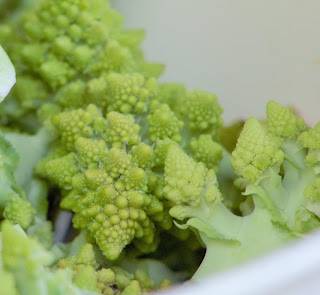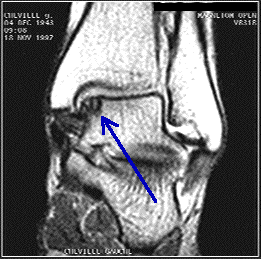Nutrition and wound healing
Nutrition is important,
especially when you have a wound. As you get older, maintaining a good
nutritional standard can be hard. Therefore, here are five tips to promote
healing when your body needs it.
- Your first priority is to eat sufficient calories from a balanced diet. Plan balanced meals and snacks that include all food groups: protein, fruits, vegetables, dairy and grains.
- Maximize your protein intake. Plan for 20 to 30 grams of protein at each meal and 10 to 15 grams of protein with each snack. A piece of cooked chicken, lean meat or fish the size of a deck of cards (about 3 ounces) contains 20 to 25 grams of protein. One cup of fat-free Greek yogurt can contain 23 grams of protein.
- Drink water and stay well-hydrated. Some wounds may require a higher intake of certain vitamins and minerals due to wound drainage.
- Take a multivitamin. A 2 week boost of zinc and arginine, can assist the body while building the structural support needed during wound closure and remodeling. Talk with a registered dietitian/nutritionist if needed.
- Control your blood sugar if you are a diabetic patient. Tissue hypoxia, dysfunction in soft tissue & skin cells, impaired new blood vessel growth, decreased immune resistance, and neuropathy are the just a few factors that hinder diabetic wound healing.

